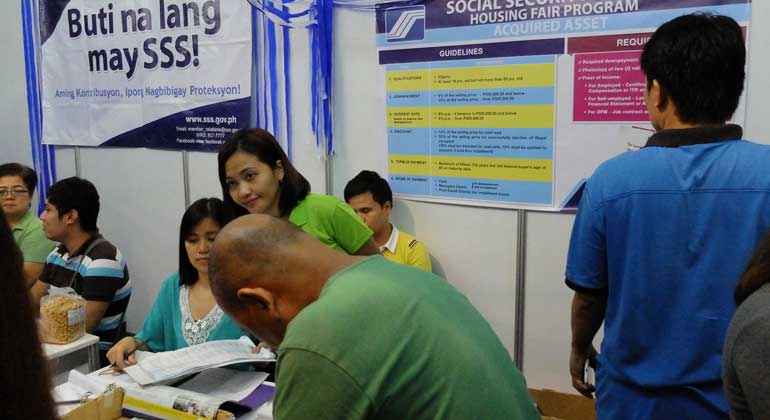BSP instructs lenders to prepare contingencies as virus spreads
THE BANGKO SENTRAL ng Pilipinas (BSP) is urging financial institutions to carry out measures such as alternate work arrangements to safeguard employees against the coronavirus disease 2019 (COVID-19) outbreak while making sure financial services are available to the public.
In a memorandum issued on March 11, BSP Deputy Governor Chuchi G. Fonacier said BSP-superviced financial institutions (BSFIs) as well as operators of payment systems (OPS) should implement their response plans and mechanisms in view of the rising cases of COVID-19 in the country.
“Trigger events such as the current COVID-19 epidemic, should allow for alternate work arrangements or remote access capabilities, as may be deemed practicable and/or necessary by the above-captioned institutions,” Ms. Fonacier said.
“Clear communication protocols covering all relevant internal and external stakeholders should also be implemented,” she added.
The BSP closed both its main office in Manila and its Security Plant Complex (SPC) in Quezon City from March 12 to 13 to facilitate disinfection of its facilities as a precautionary measure against the epidemic spread.
“The BSP, however, shall continue normal open market and PhilPass settlement operations as well as the servicing of cash withdrawals by banks at the SPC,” the central bank said in a statement.
BSP Governor Benjamin E. Diokno has also opted to go on self-quarantine alongside some other top officials of the country including Finance Secretary Carlos G. Dominguez III and Socioeconomic Planning Secretary Ernesto M. Pernia.
“I am glad to share that I am well and not manifesting any symptoms, although I also decided to go on self-quarantine as a precautionary measure,” Mr. Diokno said in a statement on Thursday.
Earlier, Lyn I. Javier, BSP managing director for policy and specialized supervision, told BusinessWorld they have ordered banks to implement business continuity plans in cases like this.
Some banks shared the contingency plans in light of more confirmed COVID-19 cases in the country.
Philippine National Bank said they have opted for some digital alternatives to face-to-face interactions. The Tan-led lender also said they have successfully tested some work-from-home arrangements and are implementing sanitizing efforts.
“This includes having multi-site deployment plan in place to mitigate concentration risk and contagion. We also leverage on technology, such as audio and video conferencing facilities,” PNB said in an e-mailed response.
The bank assured they have a business continuity plan (BCP) and said they will keep their digital banking channels as well as automated teller machines (ATMs) available for customers’ transactions.
Likewise, Security Bank Corp. said they have a BCP to help them quickly recover and resume operations in the events that could cause disruptions such as the COVID-19 outbreak.
“Our BCP covers data backup and recovery of all vital systems, implementing a split work arrangement where members of critical units have been segregated to different approved locations,” the lender said in an e-mail.
The bank said their head office as well as satellite offices have been restricted to outside visitors from Mar. 12 to 13.
“[M]eeting with guests and visitors will be limited to identified locations to reduce the risk of exposure and mandatory body temperature screenings are conducted at all entry and exit points,” the bank added.
As of press time, there are 49 confirmed cases of COVID-19 in the Philippines, with two fatalities reported. — Luz Wendy T. Noble



